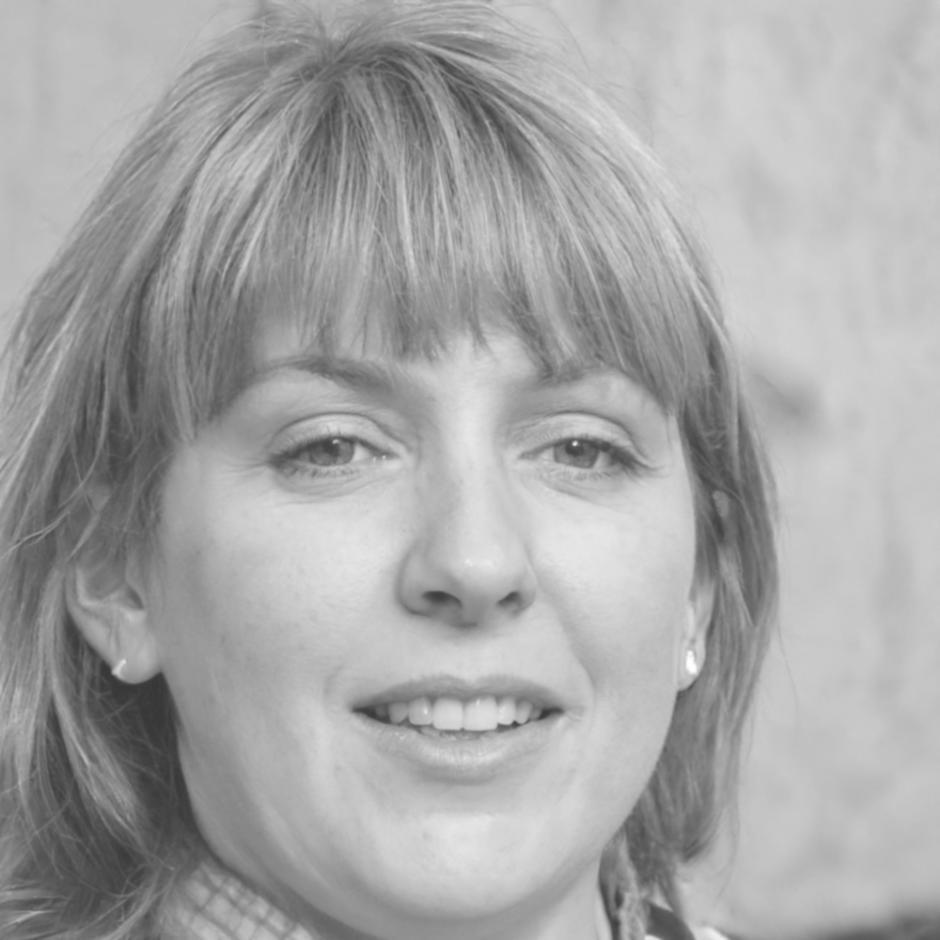Our Journey in Game-Based Learning
From a simple idea in 2020 to transforming how students across Pakistan engage with digital education through innovative game mechanics
The Spark of Innovation
What started as late-night conversations about why traditional learning felt so disconnected from how our generation actually absorbed information quickly evolved into something bigger. We noticed students spending hours mastering complex game mechanics while struggling with basic educational concepts.
- Initial concept development and market research
- First prototype built during university final exams
- Early feedback from 50 local students in Lahore
- Secured initial funding from family and friends
This was our "everything clicks" moment. After months of testing different approaches, we discovered that students weren't just playing our educational games—they were genuinely excited about learning. That's when we knew we had something special. Our first official product launch happened in a small classroom in Gulberg, and watching students compete to solve math problems through game challenges was absolutely magical.


Breaking Through Boundaries
Honestly, 2022 caught us off guard. We expected gradual growth, but teachers started sharing our platform organically. Word spread faster than we could scale our servers. This was also when we realized that parents were just as engaged as students—sometimes more so.
- Reached 5,000 active users across Punjab
- Partnered with 25 schools in Lahore and Karachi
- Launched mobile app with offline capabilities
- Won "Best EdTech Innovation" at Pakistan Digital Awards
- Expanded team to 12 full-time members
Scaling the Impact
The year we learned that growth brings beautiful challenges. Managing 50,000 users while maintaining that personal touch we started with required completely rethinking our approach. We spent months rebuilding our platform architecture and developing new game mechanics that could adapt to different learning styles.
- Crossed 50,000 registered users nationwide
- Introduced AI-powered personalized learning paths
- Launched teacher training certification programs
- Established partnerships with major educational publishers
- Opened second office in Islamabad
Pushing Creative Boundaries
Last year pushed us to think beyond traditional game mechanics. We experimented with collaborative storytelling, virtual science labs, and even historical simulation games. Some ideas failed spectacularly, but the ones that worked changed how we think about educational engagement entirely.
- Launched advanced simulation-based learning modules
- Introduced peer-to-peer learning challenges
- Developed multilingual content support
- Established university research partnerships
- Released comprehensive analytics dashboard for educators
Measuring What Matters Most

Where We're Heading Next
2025 feels like our most ambitious year yet. We're not just thinking about expanding our user base—we're reimagining how educational technology can adapt to each student's unique learning journey.
Personalized Learning Paths
Developing AI systems that understand individual learning patterns and automatically adjust game difficulty and content delivery to match each student's pace and preferences.
Global Accessibility
Expanding beyond Pakistan to serve students across South Asia while maintaining our commitment to culturally relevant content and local educational standards.
Research-Driven Innovation
Partnering with cognitive science researchers to understand how game mechanics can be optimized for different types of learning and retention across various age groups.